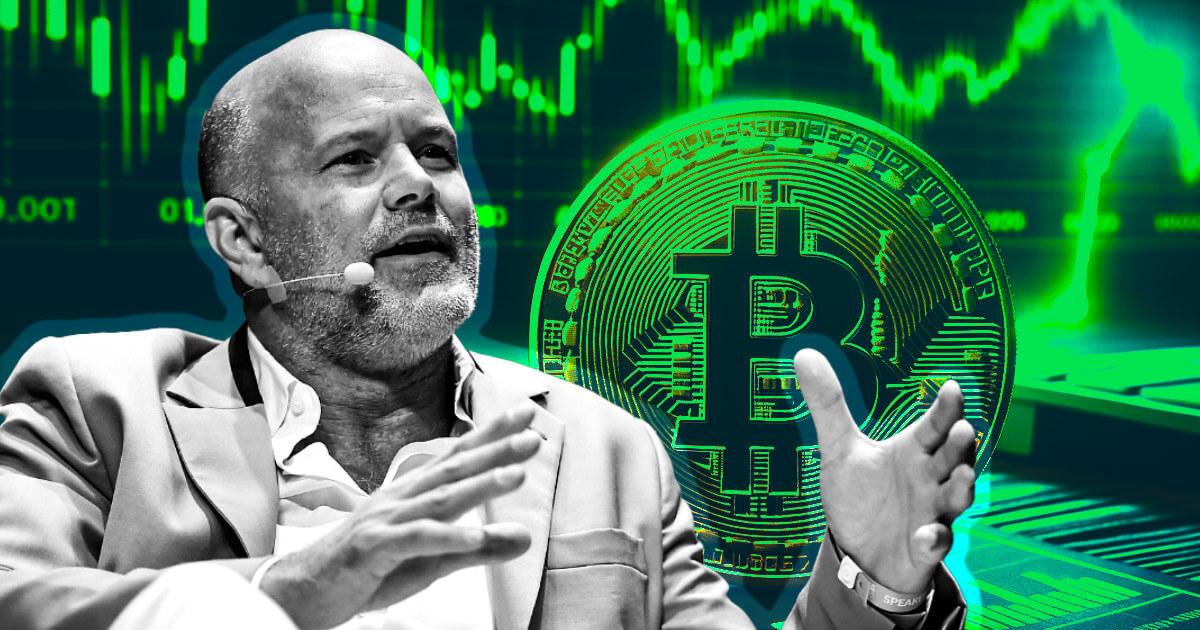Sean Gallup/Getty Images News
In his 2024 annual letter, BlackRock (NYSE:BLK) Chairman Larry Fink stressed that well-functioning capital markets will play a central role in overcoming the major challenges of the 21st Century, which he sees as retirement for older workers, infrastructure (including pursuing what he calls “energy pragmatism”) and debt. See selected quotes below.
On the problems facing the world in the 21st Century
- “I think the growth- and prosperity-generating power of the capital markets will remain a dominant economic trend through the rest of the 21st Century.”
- “Why did the U.S. rebound from 2008 faster than almost any other developed nation? A big part of the answer is the country’s capital markets … Countries aiming for prosperity don’t just need strong banking systems — they also need strong capital markets.”
- Two key challenges of the current century that can be solved through capital markets: 1. Providing a “secure, well-earned retirement;” 2. Providing a funding mechanism for developing infrastructure, including to help meet “energy goals, including decarbonization, in an affordable way.”
On social security and retirement
- After noting that the Netherlands changed its retirement policy 10 years ago to gradually raise the retirement age: “Obviously, implementing this policy elsewhere would be a massive political undertaking. But my point is that we should start having the conversation. When people are regularly living past 90, what should the average retirement age be?”
- “How do we encourage more people who wish to work longer with carrots rather than sticks? What if the government and the private sector treated 60-plus year-olds as late-career workers with much to offer rather than people who should retire?”
- “I’m not pretending to have the answers [related to social security and retirement]. Despite BlackRock’s success helping millions retire, these questions are going to have to be posed to a broader range of investors, retirees, policymakers, and others. Over the next few months, BlackRock will be announcing a series of partnerships and initiatives to do just that, and I invite you to join us.”
On encouraging retirement investment and sound retirement spending habits
- “The first barrier to retirement investing is affordability.”
- “No one is born a natural investor. It’s important to say that because sometimes in the financial services industry we imply the opposite. We make it seem like saving for retirement can be a simple task, something anyone can do with a bit of practice, like driving your car to work. Just grab your keys and hop in the driver’s seat. But financing retirement isn’t so intuitive. The better analogy is if someone dropped a bunch of engine and auto parts in your driveway and said, ‘Figure it out.'”
- “It’s a good thing that legislators are proposing different bills and states are becoming ‘laboratories of retirement.’ More should consider it. The benefits could be enormous for individual retirees. These new programs could also help the U.S. ensure the long-term solvency of Social Security.”
- “As a nation, we should do everything we can to make retirement investing more automatic for workers.”
- “This retirement paradox has a simple explanation: Even people who know how to save for retirement still don’t know how to spend for it.”
- “Put simply, the shift from defined benefit to defined contribution has been, for most people, a shift from financial certainty to financial uncertainty.”
- “We’re talking about a revolution in retirement. And while it may happen in the U.S. first, eventually other countries will benefit from the innovation as well. At least, that is my hope. Because while retirement is mainly a saving challenge, the data is clear: It’s a spending one too.”
- “Arguably the biggest barrier to investing for retirement — or for anything — is fear.”
- “Compared with 20 years ago, the current cohort of young Americans is 50% more likely to question whether life has a purpose. Four-in-10 say it’s “hard to have hope for the world. I’ve been working in finance for almost 50 years. I’ve seen a lot of numbers. But no single data point has ever concerned me more than this one.”
- “Any answer has to start by bringing young people into the fold. The same surveys that show their lack of hope also show their lack of confidence — far less than any previous generation — in every pillar of society: In politics, government, the media, and in corporations. Leaders of these institutions (I am one) should be empathetic to their concerns.”
On infrastructure, ‘energy pragmatism’ and a potential debt crisis
- “The future of infrastructure is public-private partnership.”
- “How will we pay for all this infrastructure? The reason I believe it’ll have to be some combination of public and private dollars is that funding probably cannot come from the government alone. The debt is just too high.”
- “But is a debt crisis inevitable? No. While fiscal discipline can help tame debt on the margins, it will be very difficult (both politically and mathematically) to raise taxes or cut spending at the level America would need to dramatically reduce the debt. But there is another way out beyond taxing or cutting, and that’s growth. If U.S. GDP grows at an average of 3% (in real, not nominal terms) over the next five years, that would keep the country’s debt-to-GDP ratio at 120% – high, but reasonable.”
- “This is part of the reason I’m hearing more leaders talk about decarbonization and energy security together under the joint banner of what you might call ‘energy pragmatism.'”
- “This is where the power of the capital markets can be unleashed to great effect. Private investment can help energy companies reduce the cost of their innovations and scale them around the world.”
- “In this letter, I’ve shared my view that the capital markets are going to play an even bigger role in the global economy. They’ll have to if the world wants to address the challenges around infrastructure, debt, and retirement. These are the major economic issues of the mid-21st Century. We’re going to need the power of capitalism to solve them.”
On BlackRock’s 2024 strategy
- “The combination of technology and advisory, alongside ETFs, active and private markets capabilities, enables us to deliver a better client experience – leading to clients consolidating more of their portfolios with BlackRock or engaging us for outsourcing solutions. We believe this in turn will drive continued differentiated organic growth into the future.”
- “We have strong conviction in our strategy and our ability to execute with scale and expense discipline. Our strategy remains centered on growing Aladdin, ETFs, and private markets, keeping alpha at the heart of BlackRock, leading in sustainable investing, and advising clients on their whole portfolio.”
- “In private markets, we are prepared to capitalize on structural growth trends. Whether it’s executing on demand for much-needed infrastructure, or the growing role of private credit as banks and public lenders move away from the middle market, private capital will be essential.”
- “In ETFs, we will continue to lead by expanding investment access globally and through innovation. The ETF is an adaptable piece of financial technology, and over time we’ve been able to do more with it than just making investing more affordable.”
















